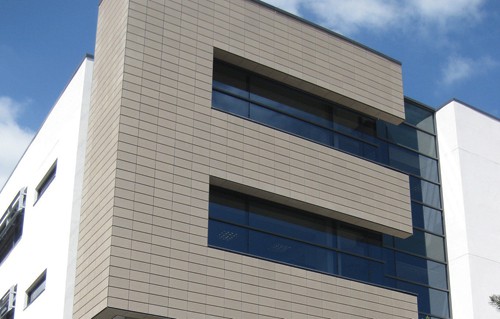
Japanese pharma company Eisai has grown its presence in China by buying Liaoning TianYi Biological Pharmaceutical, a generic drug manufacturer.
Eisai is paying RMB 500m (around $78m) to take full control of TianYi, which has a product range of more than 20 medicines and has manufacturing approval for approximately 90 drugs.
These include immune modulators, traditional Chinese medicines and treatments for inflammation and pain relief, dementia, gastritis, intestinal disorders, diabetes and cardiovascular disease.
The acquisition is the latest move in a restructuring drive at Eisai prompted by declines in net income and revenue.
The company recently formed a joint venture with Ajinomoto called EA Pharma that will pool their resources in the gastrointestinal category, transferred a manufacturing campus to Biogen and reduced its US headcount by 200 positions.
The move gives Eisai an expanded position in the Chinese generics market, which is predicted to grow strongly in the coming years thanks to the continued roll-out of universal healthcare coverage and a new tendering policy implemented by the government that has abolished a mark-up levied by hospitals on drug sales.
The latter move – designed to curb rising healthcare costs by discouraging prescribing of expensive drugs – is expected to be a boost to China’s domestic pharmaceutical sector which is geared towards generic drug production.
According to BMI Research, the Chinese pharma market was worth $99bn last year and will reach $105bn in 2015, a rise of nearly 13% in local currencies.
“The China pharmaceutical market is the second largest in the world after the US,” said Eisai. “Despite China experiencing a slowdown in economic growth, [it] is forecasted to maintain strong growth into the future due to… the rapid ageing of the population and the government’s policies to improve access to medicines.”
Higher growth is expected for generic pharmaceuticals, according to the company, because they will make up the majority of prescriptions in small and medium sized cities in inland and regional areas as well as small and medium sized hospitals which have had inadequate access to medicines until now.




